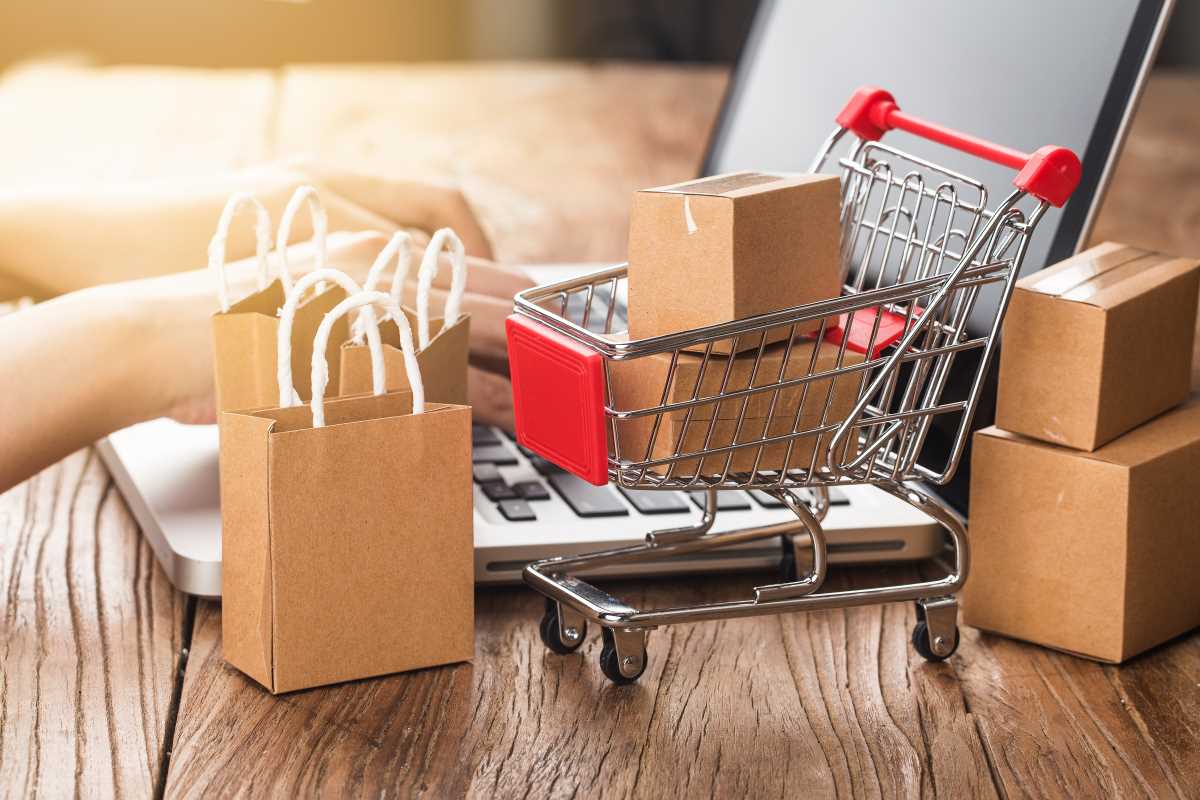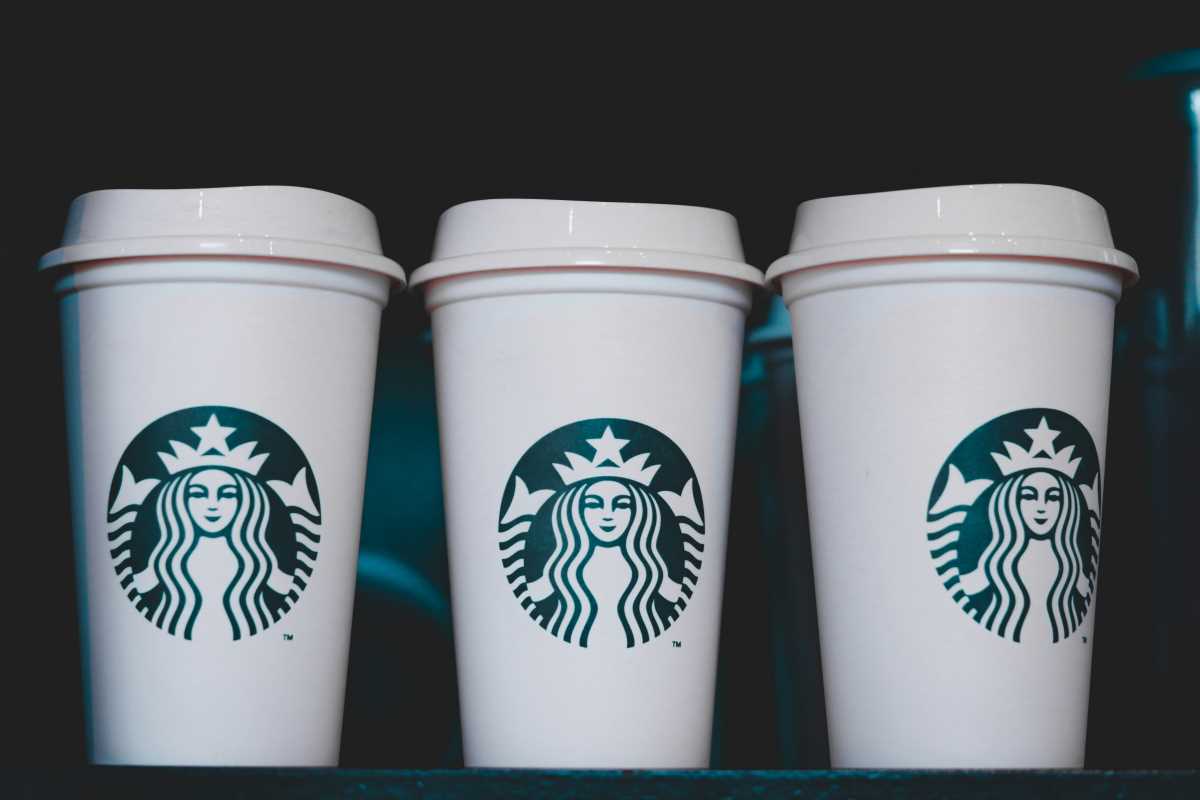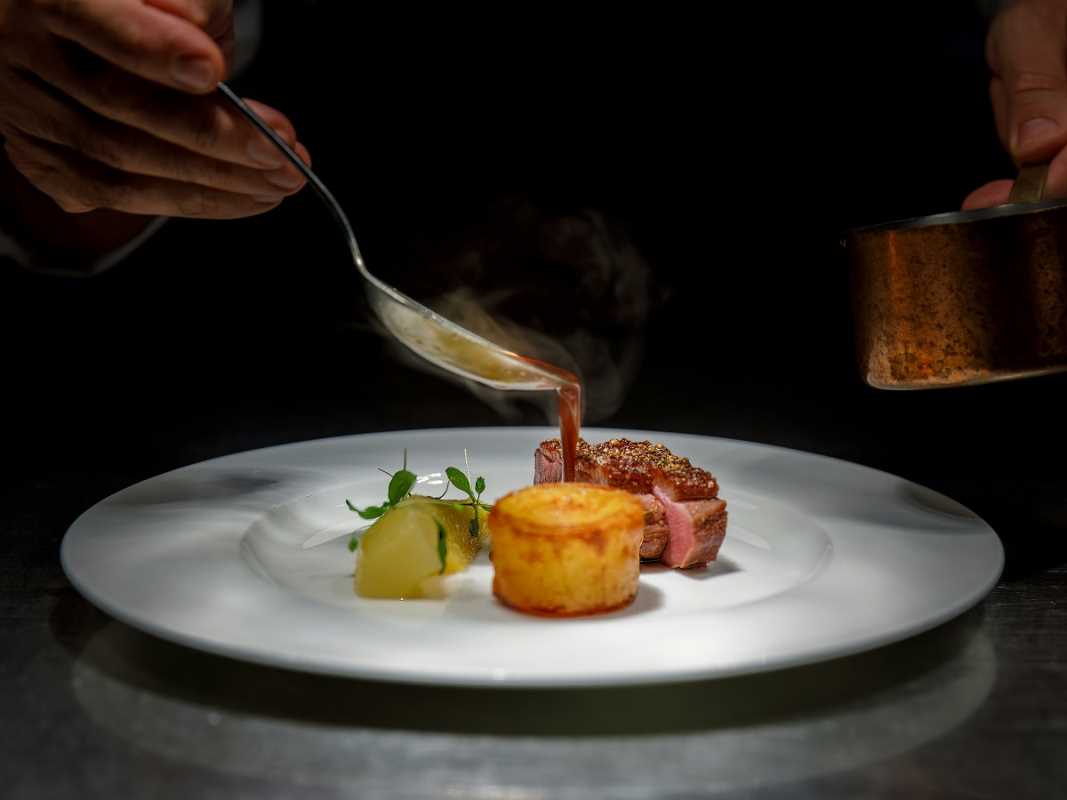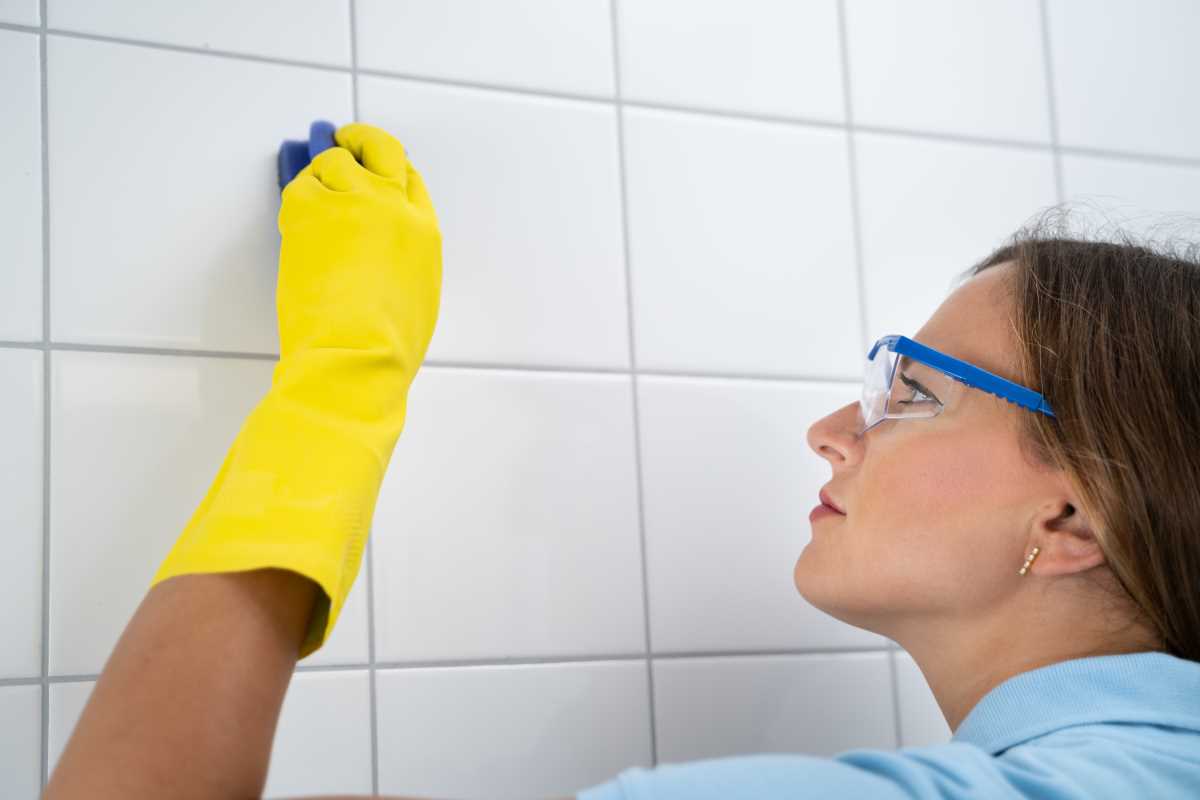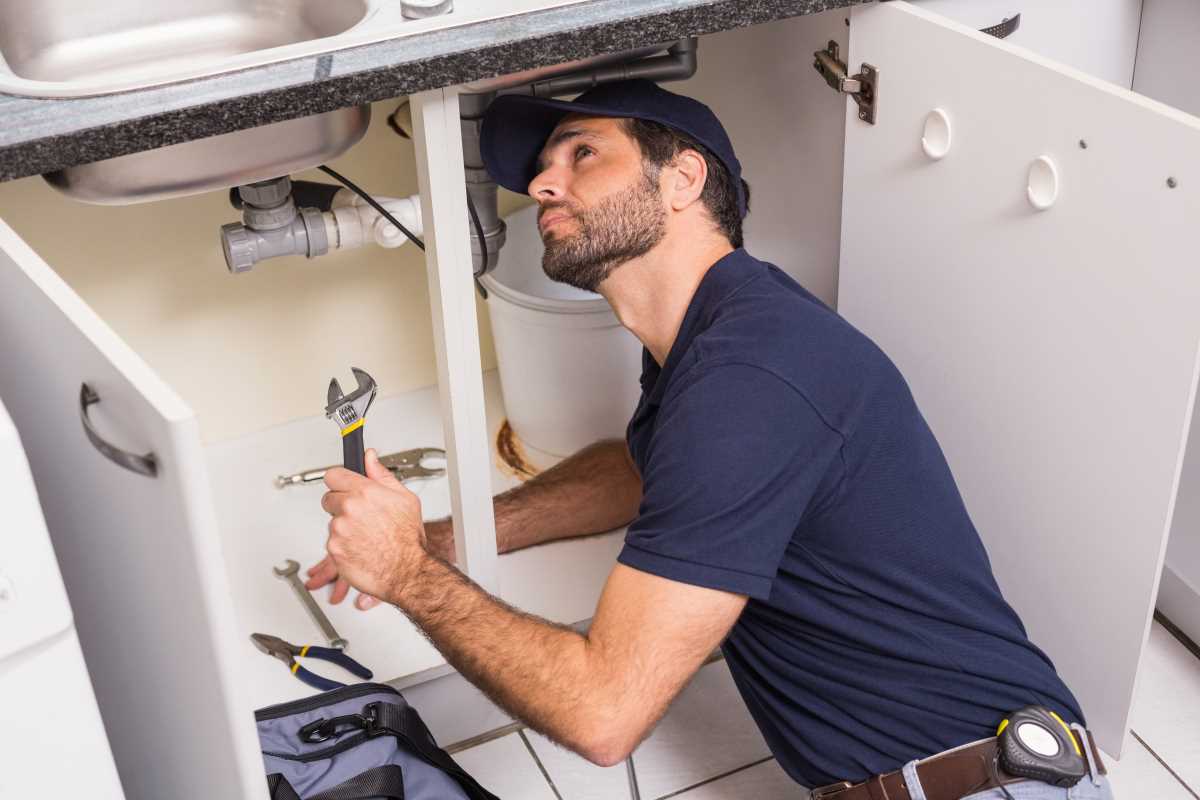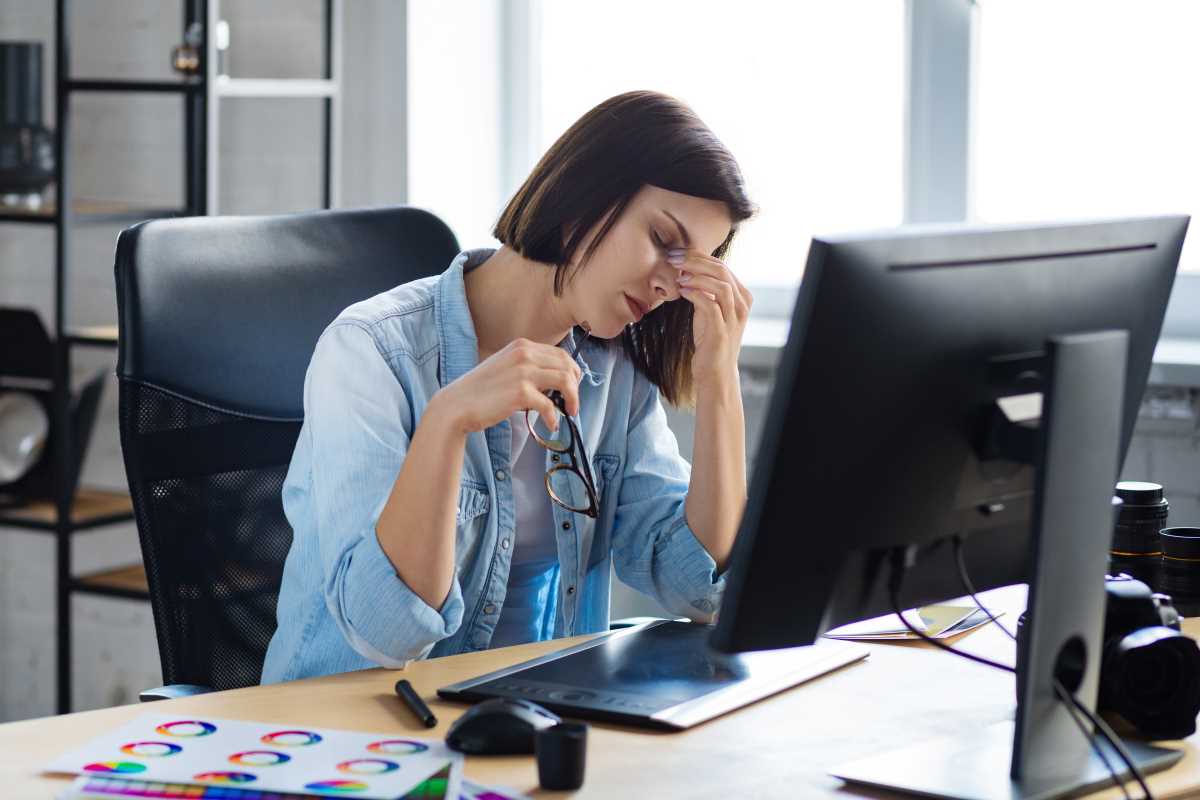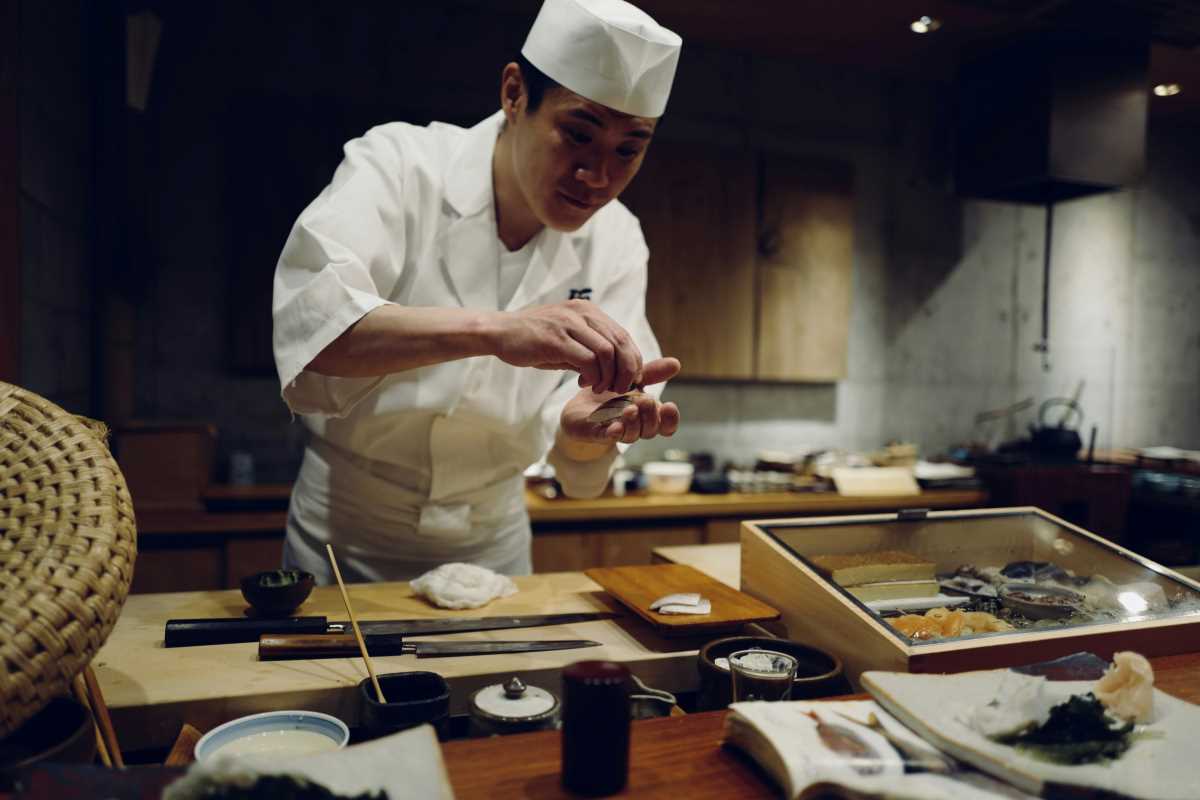Let's be real—coffee culture has become absolutely wild. You've got people waiting in hour-long lines for a $7 latte that might taste like burnt water, while other spots serve incredible coffee that nobody talks about. It's time to separate the wheat from the chaff (or should I say, the good beans from the bad beans?).
We've all been there: scrolling through Instagram, seeing that perfectly curated flat white with impossibly smooth latte art, and thinking "I NEED to try this place." But here's the thing—sometimes the hype is totally justified, and sometimes you're basically paying premium prices for fancy lighting and a good photographer.
I've spent way too much money and consumed way too much caffeine testing out the most talked-about coffee spots, from the biggest chains to those tiny independent shops that coffee snobs won't shut up about. Here's the honest truth about which places actually deliver and which ones are riding the wave of their own PR.
The Chains That Actually Get It Right
Blue Bottle Coffee is probably the most polarizing name on this list, but hear me out. Yes, they've expanded rapidly and yes, they sold to Nestlé (RIP to their indie cred). But the coffee is genuinely good. Their New Orleans iced coffee is basically liquid happiness, and their single-origin pour-overs actually showcase the beans instead of drowning them in over-roasting.
The vibe varies by location—some feel like sterile Apple stores for coffee, while others maintain that minimalist-but-cozy aesthetic that makes you want to camp out with your laptop for hours. The baristas know their stuff and aren't pretentious about it, which is honestly refreshing in the specialty coffee world.
Intelligentsia deserves its reputation as a coffee nerd paradise. These people take their craft seriously—maybe a little too seriously sometimes—but the results speak for themselves. Their direct trade relationships mean you're getting beans that were treated well from farm to cup, and you can taste the difference.
The atmosphere can feel intimidating if you're not already fluent in coffee terminology, but the staff genuinely wants to educate rather than judge. Pro tip: if you're new to specialty coffee, ask for recommendations. They'll set you up with something that'll ruin you for regular coffee forever.
The Indie Darlings Living Up to the Hype
Stumptown Coffee Roasters started the third-wave coffee movement before it was cool, and they're still killing it. Their cold brew is legendary for a reason—smooth, concentrated, and perfect for those mornings when hot coffee feels like too much work. The Hair Bender blend works beautifully as espresso or drip, with notes that change as it cools.
What sets Stumptown apart is consistency. Whether you're in their original Portland location or a newer outpost, you're getting the same quality and attention to detail. The spaces feel lived-in rather than designed-for-Instagram, which creates an authentic community vibe that's hard to fake.
Local indie shops that nail it share some common traits: they source their beans thoughtfully, invest in proper equipment, and hire staff who actually care about coffee. Joe Coffee in New York exemplifies this—their baristas can tell you about the farm where your beans grew, and their seasonal rotating menu keeps regulars coming back to try something new.
The Overhyped Disappointments
Let's talk about Starbucks Reserve locations. These were supposed to be Starbucks' answer to the specialty coffee movement, with premium beans, fancy brewing methods, and elevated atmosphere. In reality? They're regular Starbucks with better marketing and higher prices.
The coffee isn't bad, but it's not revolutionary either. The "small batch" roasting still tastes like mass production, and the elaborate brewing ceremonies feel more like theater than genuine craft. You're paying for the experience, not necessarily better coffee.
Some indie shops fall into the trap of prioritizing aesthetics over substance. You know the type—perfect neon signs, millennial pink walls, and coffee that tastes like an afterthought. These places bank on Instagram virality rather than repeat customers who actually appreciate good coffee.
Alfred Coffee in LA is a prime example. The "But First, Coffee" merchandise and photogenic locations created massive buzz, but the actual coffee is mediocre at best. It's not terrible, but when you're charging specialty prices, mediocre doesn't cut it.
The Surprising Winners
Dunkin' gets roasted (pun intended) by coffee snobs, but their regular coffee is consistent, affordable, and honestly pretty decent for what it is. They're not trying to be something they're not, which is refreshing in a world of coffee pretension. Their cold brew has improved dramatically, and the food partnerships (hello, Beyond Sausage) show they're adapting to changing tastes.
Tim Hortons (where available in the US) delivers that perfect balance of convenience and comfort. The coffee tastes like coffee—not a science experiment—and the donuts are still made properly. Sometimes simple execution beats elaborate concepts.
Many regional chains fly under the radar but offer better value and quality than their famous counterparts. Peet's Coffee pioneered dark roasting in America and still does it better than most. Their Major Dickason's Blend has been consistently excellent for decades.
What Actually Makes Coffee Worth It
Great coffee starts with quality beans, but that's just the foundation. The best places understand that brewing coffee is both art and science—they control variables like water temperature, grind size, and extraction time to bring out the best in each bean.
Customer experience matters just as much as the coffee itself. The best shops create spaces where you want to linger, staff who enhance rather than intimidate, and an atmosphere that matches their coffee quality. Whether that's a cozy neighborhood feel or sleek modern design, it should feel intentional and authentic.
Food offerings can make or break a coffee shop. Fresh pastries from local bakeries, thoughtfully prepared breakfast items, and snacks that complement rather than compete with the coffee show attention to the complete experience. Stale muffins and sad sandwiches instantly reveal a place that doesn't care about quality.
The Real Test: Would You Go Back?
Here's the ultimate question that cuts through all the hype: after trying a place once, do you actively want to return? The best coffee shops create habits, not just Instagram moments. They become part of your routine because the experience—coffee, service, atmosphere, value—consistently delivers something worthwhile.
Some places nail this immediately. Others grow on you. But the truly overhyped spots? You visit once for the 'gram and never think about them again unless someone specifically asks about them.
With coffee prices climbing and options multiplying, being strategic about where you spend your caffeine dollars makes sense. Don't be swayed by lines or social media buzz alone. Trust your taste buds, consider the total experience, and remember that the "best" coffee shop is ultimately the one that makes you happy.
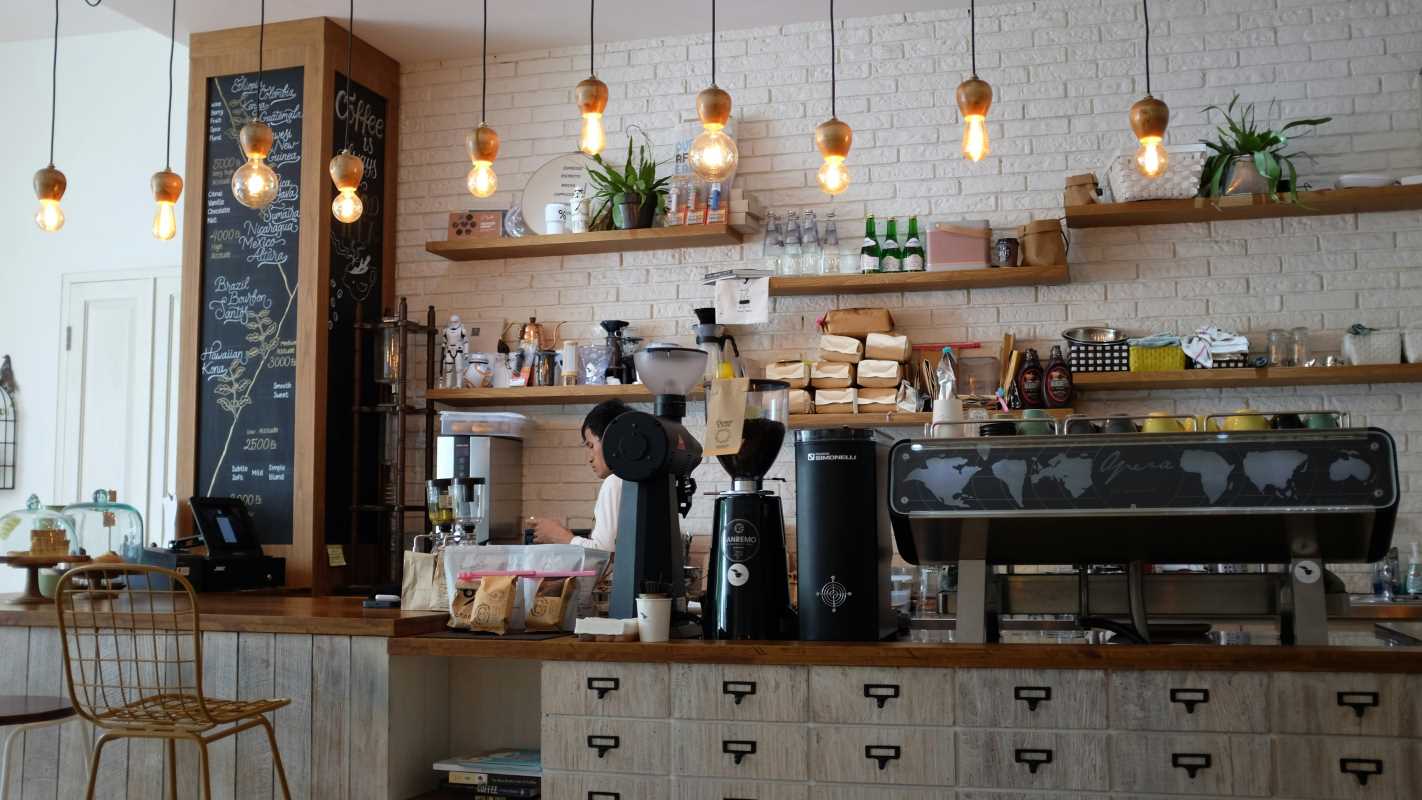 (Image via
(Image via